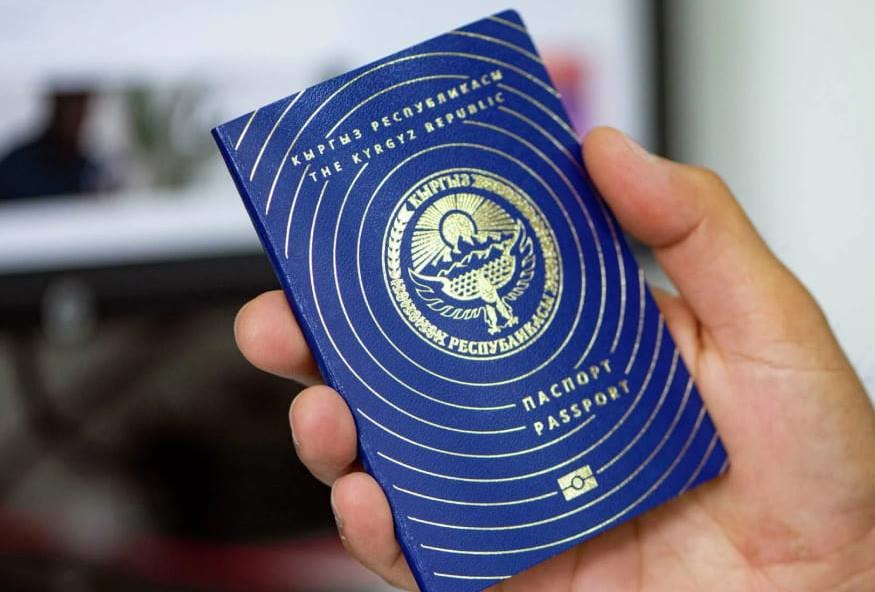Central Asia's bureaucratic maze for citizenship
From Kazakhstan to Uzbekistan, new regulations are lengthening the time it takes to obtain citizenship, with tough tests of knowledge of the local language to discourage Russian relokanty. In Turklmenistan, citizenship is almost impossible to obtain without Turkmen kinship, but ‘ius soli’ is still in force for children of foreign parents.
Astana (AsiaNews) - It is becoming increasingly complicated to obtain identity documents and passports for citizens of Central Asian countries, at a time of internal and external changes due to many factors, which affect mobility, labour migration and prospects for the future.
Increasingly pressing requirements include, for example, knowledge of national languages and the absence of heavy criminal or administrative convictions, two conditions that were not particularly emphasised in the past.
In October, new rules for obtaining citizenship were introduced in Kazakhstan, insisting on knowledge of the Kazakh language, thus putting a brake on the many Russian relokanty hoping to settle in a still very Russian-speaking country. Ignorance of the principles of the Kazakh constitution and history can also be an insurmountable objection to the conclusion of the file.
In any case, at least five years are needed to reach the final outcome, demonstrating continuity of residence with residence visas to be renewed annually, and only after this period can a formal application be made.
The files are then assessed by a special commission, which entrusts its conclusions to the presidential administration in Astana, as the decree granting citizenship must be signed directly by President Kasym-Žomart Tokaev.
The language tests involve 60 questions, 20 oral and 40 written, and at least 36 of them must be correct. 15 questions are about the constitution, 25 about the history of Kazakhstan, and the new citizenship excludes retaining any other. In 2023, 26,000 people were granted Kazakh citizenship, with a less strict practice than the one that came into force recently, especially for the Kandasy, the Kazakhs from Chinese Xinjiang or other neighbouring countries.
Similar conditions are also encountered in the other large Central Asian country, Uzbekistan, where the waiting time for the assessment of applications is getting longer and longer, even more than a year just to know whether one can start the procedure.
The Uzbek language exam requires at least 50 out of 100 points, otherwise it can only be repeated once after a month. Very important for Uzbeks is proof of the regularity and transparency of their income and assets. In Kyrgyzstan a residence visa is granted for work, study or to make investments in the country, which makes all other paperwork much easier.
In Kyrgyzstan, one needs either the national language or the ‘official’ language, i.e. Russian, making the country the most accessible in the region. One must officially renounce one's nationality before applying for Kyrgyz citizenship, remaining in a suspended state for a long time under the control of state bodies.
Apparently quicker is the procedure in Tajikistan, where the application is assessed within a year, although there is a lack of official statistics on the number of citizenships issued, suggesting greater arbitrariness in their implementation. New Tajiks can keep their original Russian citizenship, per an agreement between Moscow and Dushanbe.
As in so many other matters of domestic and foreign policy, the country most refractory to reception remains Turkmenistan, where citizenship is almost impossible to obtain without Turkmen birth or parentage.
However, Ius Soli also applies to children of foreign parents, but who live permanently in the country, or for orphans assisted by state structures. It is possible to obtain the ‘restoration of citizenship’ for those who had given it up or had been deprived of it, with a petition addressed directly to the government in Ašgabat, which has full authority to accept or refuse the request, by persons resident in the country.
Lastly, there is the possibility of Turkmen ‘naturalisation’, which can be applied for after seven years of residence, always with knowledge of the language and the constitution and a sufficient income for the Turkmen standard of living, but the outcome is left to the judgement of the competent commission. Obviously, there is no dual citizenship.
11/08/2017 20:05







.png)










